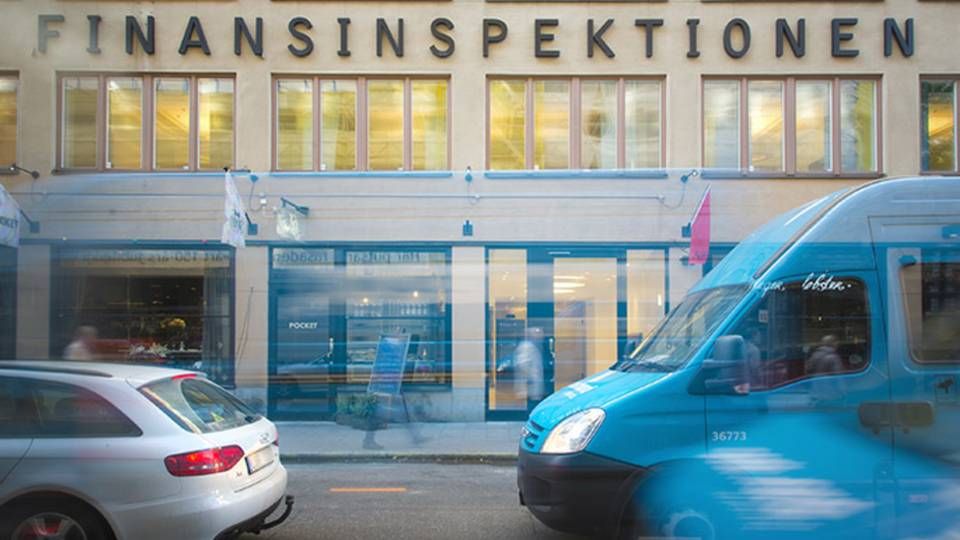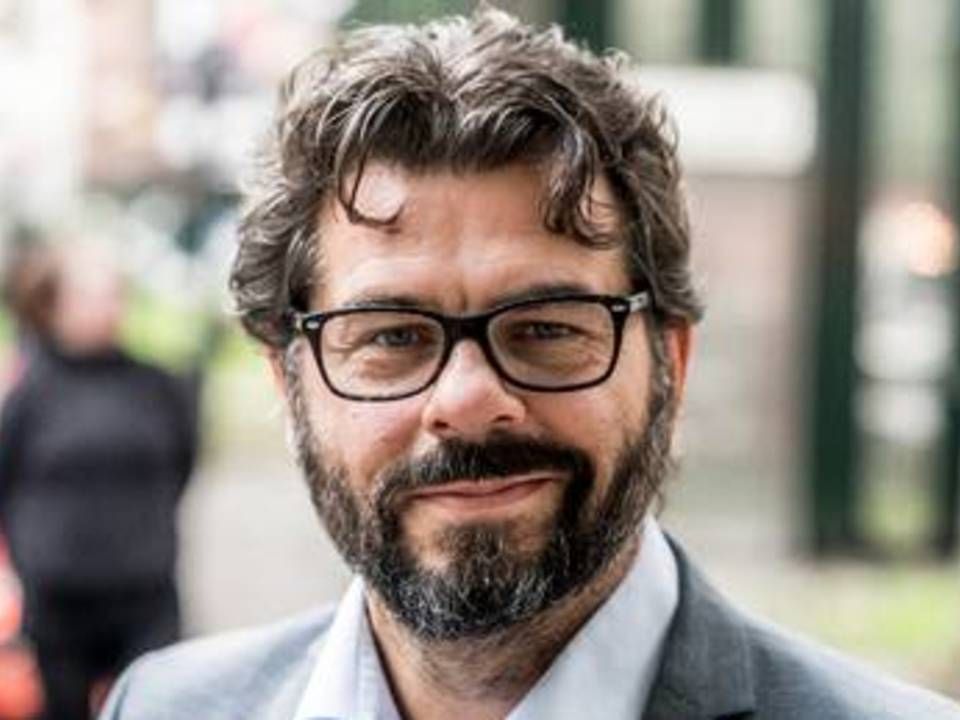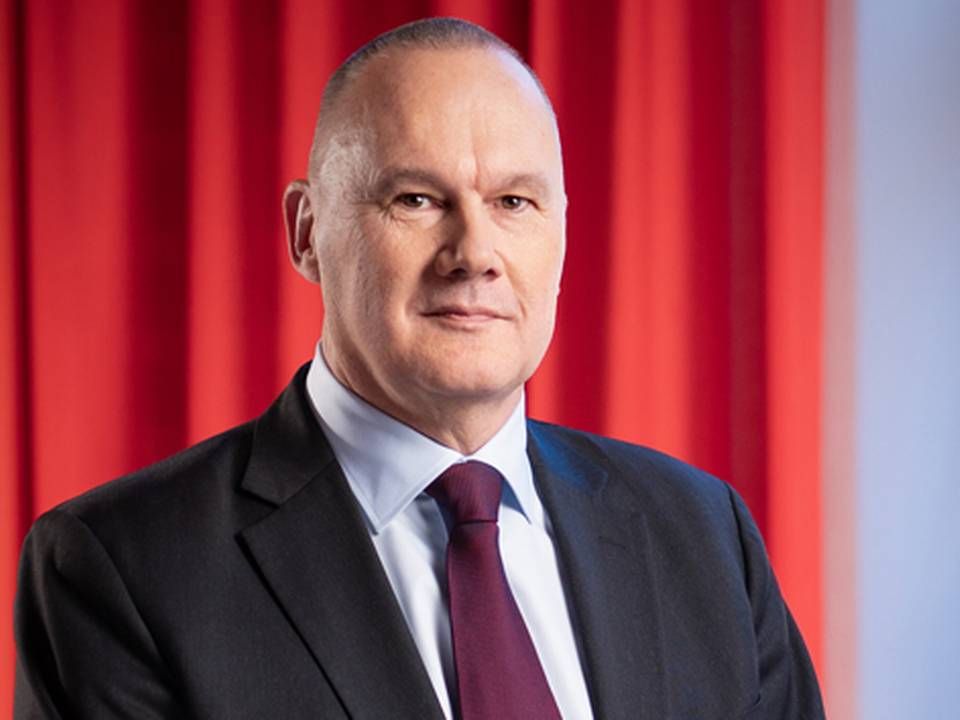Petition bears fruit as Swedish FSA allows for split of funds with Russian securities

The Swedish FSA has responded to a petition from the Investment Fund Association sent in the beginning of March, proposing that managers with Russian funds be allowed to split them into liquid and illiquid holdings.
This solution was proposed due to the war in Ukraine and the recent closure of the Moscow stock exchange. The FSA has now given the go-ahead to managers to apply for permission to split the securities in the relevant funds, something first reported by Swedish newsletter Pensionsnyheterna.
Both the fund association and the FSA have subsequently confirmed this to AMWatch.
Funds had to stop trading
According to a spokesperson at the FSA who responded in writing, the regulator has come to the conclusion that a split is possible.
“However, there will be an individual examination of every application that comes to the FSA in order to see whether it meets the criteria. So far, no fund company has applied for a split of funds,” the spokesperson writes.
Many funds with Russian securities had to stop trading for weeks. The Investment Fund Association was concerned that this would impact not just Russia-focused funds but also those with a partial exposure to the country’s market.
”When even a smaller part of a fund’s holdings can’t be sold or properly valued, the fund has to postpone trading, with the effect of locking in its owners. This happens despite the fact that a major part of the fund’s assets are liquid as well as possible to be given a correct valuation,” the association wrote in its petition.
A split of the funds
The organization analyzed several potential solutions, eventually concluding that neither partial sales or a method named side pockets (a type of account typically utilized in hedge funds to segregate riskier or illiquid assets from more liquid investments, which is also something that isn’t allowed in Sweden today, -ed.) are relevant options at the moment.
Its proposed solution involved allowing for a split of the funds, which would entail transferring the liquid securities with relevant valuations to a separate fund open for trading, while the illiquid assets are left in the original fund, which is kept closed. The association stressed that its proposal specifically means that Russian holdings are to be kept in one fund while the others are transferred to another.
The Moscow stock exchange opened trading partially at the end of March, but it was only open to domestic investors. Therefore, the question remains whether the holdings in these funds can be given proper valuation.
The latest comment from Swedbank Robur, for example, stated that Russian trading is only being allowed in domestic currency, open solely to domestic investors, and there being sanctions and counter sanctions means it’s still impossible to provide a correct valuation of the securities.
Fair Finance Guide slams idea that arms are sustainable as ”absurd”
New fund selection agency for Swedish pension system to start work in June
















